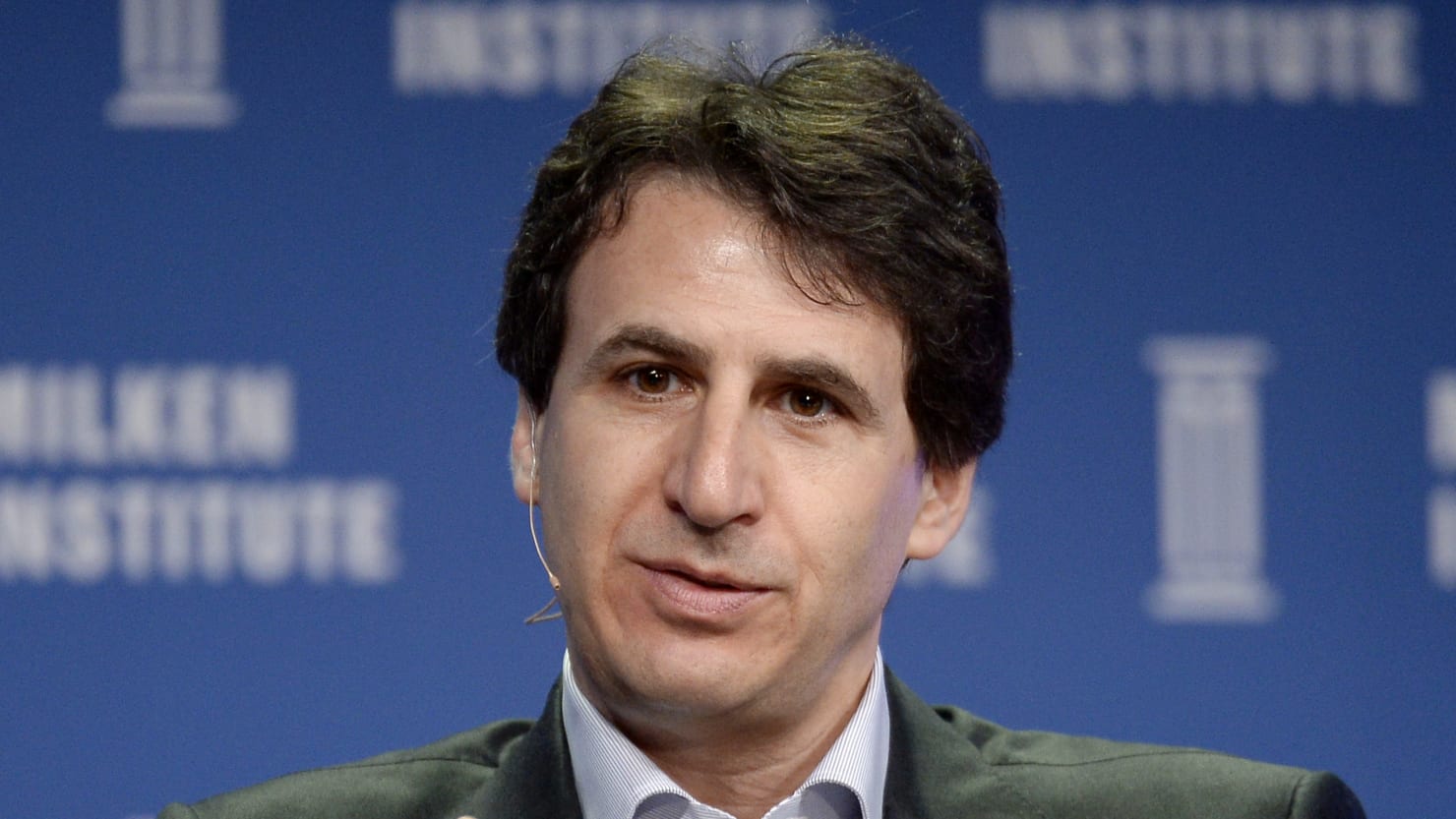Billionaire Marc Rowan’s war with the University of Pennsylvania continues to escalate, even after he helped lead a pressure campaign to oust former president Liz Magill in the fall.
On Thursday, the university’s chapter of the American Association of University Professors released a statement that implicitly decried Rowan’s attempt to influence academic policy, as The Philadelphia Inquirer reported.
Rather than rich outsiders or alumni like Rowan, they wrote, Penn faculty should hold the power to “make academic decisions and evaluate the quality of scholarship within their areas of expertise.”
The faculty group added that, for decades, it has stood by a mission of academic freedom, which includes preventing “wealthy donors with no academic qualifications” from seeking “to suppress research and teaching that they found inconvenient to their business interests and political agendas.”
Rowan, who succeeded embattled billionaire Leon Black as CEO of Apollo Global Management—a publicly traded private equity firm—had blasted Magill for allegedly failing to rein in hate speech and antisemitism on campus. Magill resigned in December.
Rowan is evidently still not satisfied. Last month, speaking at the Economic Club of Washington, he declared that faculty members at the Wharton business school, engineering department, med school, and Penn hospital are all interested in “academic excellence and research.” To the contrary, he said, “if you’re in our arts and sciences school, not so much.”
No surprise, some faculty members didn’t appreciate the dig. “This is not the first time Rowan has demonstrated that he does not respect and may not comprehend the principle of academic freedom, the purpose of a university to advance knowledge and educate students in all areas of study, or the quality of research and teaching at Penn,” the AAUP said, according to The Inquirer. “We question whether someone so poorly informed and apparently committed to undermining our university’s mission should serve on Wharton’s Board of Advisors.”
A representative for Rowan, who graduated from Penn in 1985, did not immediately respond to a request for comment from The Daily Beast.
In his Economic Club conversation, Rowan recalled enrolling in the university almost serendipitously. He was accepted to a pre-law program at Cornell, but when the course materials arrived, he said, “I finally realized I didn’t want to be a lawyer.”
“I ended up calling Penn, sight unseen, and showed up at the Wharton School,” he recalled. “Hair down to my shoulders, [I] had no idea what business was.”
Rowan asserted that some protestors at Penn are ignorant. Amid the onset of the Israel-Gaza war, demonstrators chanted “from the river to the sea,” he said, referring to the controversial phrase that some Jewish groups consider antisemitic. (Palestinian activists insist it is simply a cry for equality and justice.)
“It certainly is [in] its own way antisemitic,” Rowan said. “But I’m somewhat hopeful, because if you ask these kids what river and what sea, they don’t know. Who lives between the river and the sea? They don’t know. How did they get there? They don’t know.”
College campuses, he continued, are not specifically dealing with the problem of antisemitism. “I think we’re fighting something else. We’re fighting anti-Americanism. We’re fighting anti-merit. We’re fighting anti-power. We’re fighting really for the soul of these institutions.”
Rowan said he has received positive feedback for his public statements. He cited a recent incident in Houston, when a stranger came up to him as he exited a hotel elevator: “All they did was hug me and say thank you. And that, by and large, is what’s happening.”
Some groups on campus see things differently. After Magill’s resignation, Rowan sent out a letter calling for academic change.
Subsequently, Harun Küçük, an associate professor in the department of history and sociology of science, told The Daily Pennsylvanian that Rowan’s push for “viewpoint diversity” was merely “a code word for Republican hires.”
“You can call it a hostile Republican takeover of a distressed institution,” he added.
The AAUP, meanwhile, denounced the letter for its apparent advocacy to “unilaterally close departments, impose McCarthyite speech codes clearly aimed at suppressing protest, and change hiring and admissions policies to turn back the clock on gains in diversity and racial justice.”


